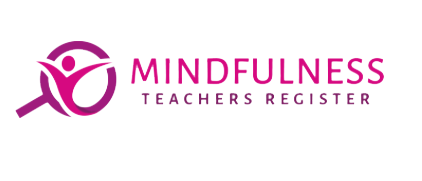The background and science of mindfulness
Mindfulness is not some new fad. In fact its roots can be traced back to Buddhist traditions of over 2,500 years ago. However, in the western world mindfulness teaching and specific wellbeing applications were not established until the early 1970s.
Since then, there has been considerable research into the benefits of embracing mindfulness and it is now firmly accepted as an evidence-based approach with an impressive array of scientific proof of its efficacy. For example, MRI scans of the brain’s Hippocampus, the area of the brain associated with learning, memory, compassion, introspection and self-awareness, have been shown to increase in participants of mindfulness programmes. Conversely, the brain tissue of the Amygdala, which plays a major role in stress and anxiety, has been shown to decrease.
Mindfulness in the workplace and in schools
Mindfulness can help people to live more fulfilled, relaxed, stress free and confident lives. In the workplace it can help them to be more effective team players, become more creative, set and achieve their goals, communicate well and resolve conflict.
Mindfulness was on the agenda at the world economic summit in Davos, and leading organisations around the globe, such as Apple and Google and, closer to home, The Bank of England and Virgin, have adopted mindfulness as a key component of their employee development and wellbeing strategies. Within the UK parliament, members of both houses have participated in a cross-party study exploring the benefits of learning mindfulness.
A number of schools have introduced mindfulness into their curriculum and ongoing studies are assessing benefits for pupils as well as their teachers. Within the Mindfulness Now programme we train specifically about how mindfulness can be taught to children, as well as mindfulness and wellbeing programmes designed for use within organisations, which can be adapted / tailored to meet specific needs.

For further information or to book on one of our courses please call The UK College on 0121 444 1110 or email us.



